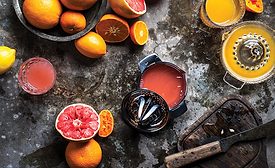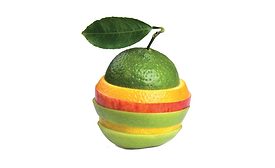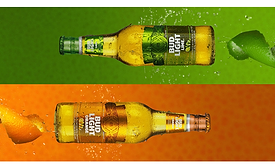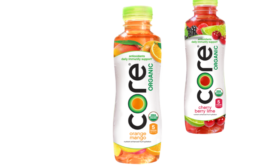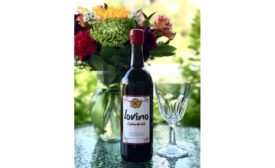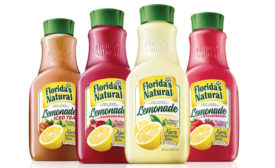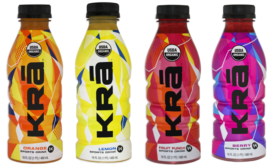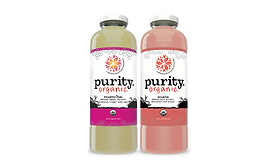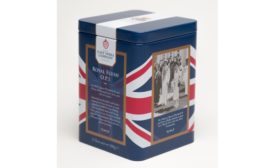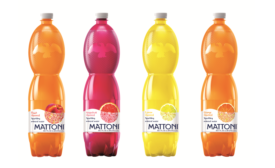Home » orange
Articles Tagged with ''orange''
Citrus flavors proliferate in waters, teas and spirits
Read More
Familiarity of citrus drives product differentiation
Ingredients remains top-of-mind in beverage category
August 6, 2018
Bud Light expands citrus portfolio
Beer brand reformulates Bud Light Lime, releases Bud Light Orange
April 10, 2018
Citrus offers familiar taste in new products
Clean-label, plant-based citrus resonates with consumers
August 15, 2017
Citrus continues proliferation in alcohol, non-alcohol beverages
Citrus greening continues to be a concern
August 15, 2016
Elevate your expertise in the beverage marketplace with unparalleled insights and connections.
Join thousands of beverage professionals today. Shouldn’t you know what they know?
JOIN NOW!Copyright ©2024. All Rights Reserved BNP Media.
Design, CMS, Hosting & Web Development :: ePublishing
